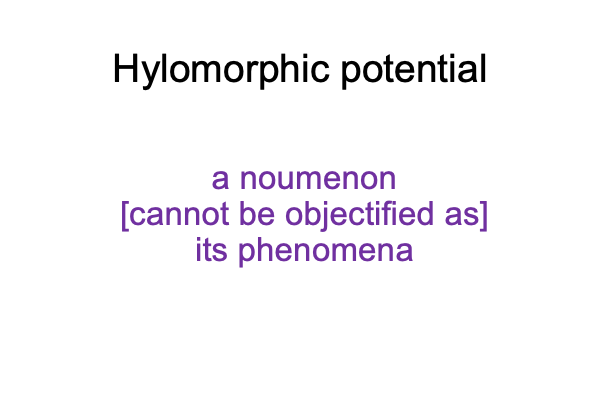Looking at John Perez Vargas, Johan Nieto Bravo and Juan Santamaria Rodriguez’s Essay (2020) “Hermeneutics and Phenomenology in… Social Sciences Research” (Part 15 of 18)
0054 The authors propose three implicit forms2b that increase the potential for interpretation1b of a content-level social science. They present the forms according to their Latin names.
0055 One, subtilitas intelligendi is the form of understanding attributed to aspirin studies.
May I translate into English with the term, “subtle intelligence”?
Does aspirin1a relieve headaches1a? Or is headache relief1a a phenomenon1a of the intersubjective being, aspirin1a(1b)? Does intelligibility flow from the phenomena1a into the noumenon1a(1b) or the other way around?
0056 Two, subtilitas explancandi asks, “What models2a can be built by observations and measurements2a of the phenomena1a of aspirin1a(1b)?
The more convincing the models2a are and the more that the noumenon1a(1b) is objectified by its phenomena1a, the more suprasubjective (mind-independent from a God’s eye view) the intersubjective (consensus commanded from a human point of view) being appears.
0057 Three, subtilitas applicandi asks, “What type of results may accrue by applying2b or challenging2b the models2b?”
Of course, the simplest challenge for this example is the placebo. What are effects of the ingestion of a pill flavored with citric acid and labeled as aspirin? The placebo effect is the phenomenon of an internalized social mediation.
A more sophisticated challenge questions the meaning, presence and message that attends to the experience of a headache and its pharmacological… er… apparently magical… resolution by taking an aspirin.

